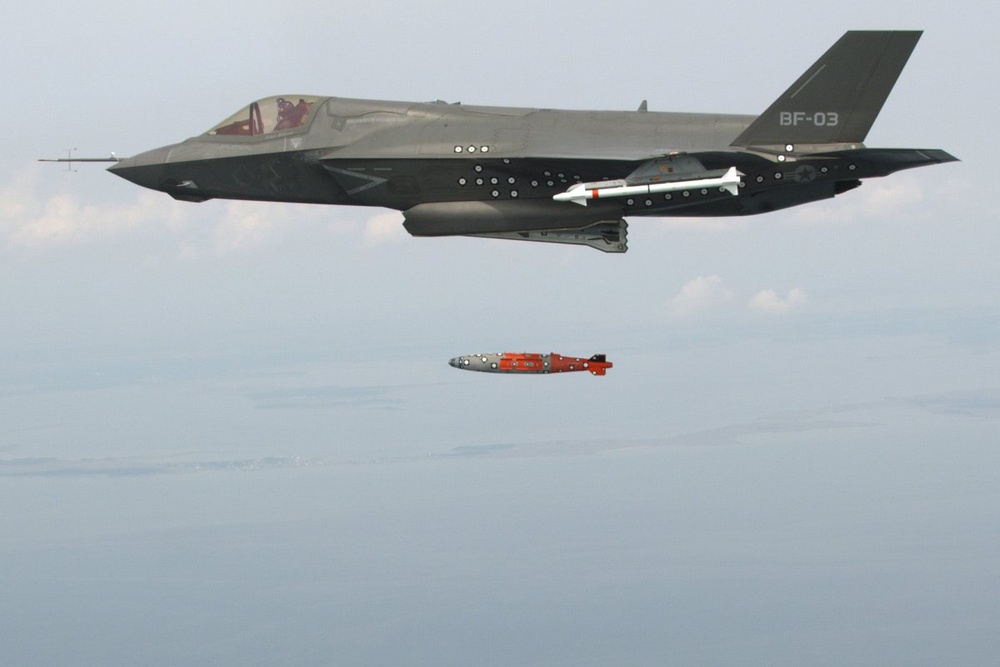
The United States could be vulnerable to attack from long-range ballistic missiles unless the government overhauls the country's "fragile" missile defense system, AFP reports citing experts. The findings from the non-partisan National Research Council are highly critical of President Barack Obama's missile defense strategy, which focuses on protecting Europe from shorter-range Iranian missiles. Instead, the report calls for a return in part to ex-president George W. Bush's emphasis on shielding the United States against long-range threats. The US military should focus on proven hardware that can intercept enemy missiles in midcourse, instead of spending large sums of money trying to hit an adversary's missiles just after launch in the boost-phase, said the report. It called the current approach technically daunting and unaffordable. The United States "should not invest any more money or resources in systems for boost-phase missile defense," the report said. "For too long, the US has been committed to expensive missile defense strategies without sufficient consideration of the costs and real utility," said L. David Montague, co-chair of the panel that wrote the report and former head of the missile system division at Lockheed Martin Missiles and Space. The Pentagon's current network of 30 ground-based interceptors, designed to hit incoming missiles at midcourse, offers an "early but fragile" defense of the US homeland against a potential attack from North Korea's unsophisticated arsenal, according to the report. But with Iran possibly developing more capable long-range missiles within a decade, the panel recommended bolstering the system by adding a third interceptor site to the northeastern region. Such a change in strategy would be less costly and fall within the Pentagon's annual missile defense budget of about $10 billion, the report said. Obama unveiled his new missile defense blueprint in 2009, with officials arguing it would enter into effect sooner than Bush's plan and also provoke less friction with Russia. But Obama's approach was sharply criticized by some Republican lawmakers, who will welcome the panel's findings. Congress requested the report by the National Research Council, which is part of the National Academies that provides scientific advice to the US government.





The United States could be vulnerable to attack from long-range ballistic missiles unless the government overhauls the country's "fragile" missile defense system, AFP reports citing experts.
The findings from the non-partisan National Research Council are highly critical of President Barack Obama's missile defense strategy, which focuses on protecting Europe from shorter-range Iranian missiles.
Instead, the report calls for a return in part to ex-president George W. Bush's emphasis on shielding the United States against long-range threats.
The US military should focus on proven hardware that can intercept enemy missiles in midcourse, instead of spending large sums of money trying to hit an adversary's missiles just after launch in the boost-phase, said the report. It called the current approach technically daunting and unaffordable.
The United States "should not invest any more money or resources in systems for boost-phase missile defense," the report said.
"For too long, the US has been committed to expensive missile defense strategies without sufficient consideration of the costs and real utility," said L. David Montague, co-chair of the panel that wrote the report and former head of the missile system division at Lockheed Martin Missiles and Space.
The Pentagon's current network of 30 ground-based interceptors, designed to hit incoming missiles at midcourse, offers an "early but fragile" defense of the US homeland against a potential attack from North Korea's unsophisticated arsenal, according to the report.
But with Iran possibly developing more capable long-range missiles within a decade, the panel recommended bolstering the system by adding a third interceptor site to the northeastern region.
Such a change in strategy would be less costly and fall within the Pentagon's annual missile defense budget of about $10 billion, the report said.
Obama unveiled his new missile defense blueprint in 2009, with officials arguing it would enter into effect sooner than Bush's plan and also provoke less friction with Russia.
But Obama's approach was sharply criticized by some Republican lawmakers, who will welcome the panel's findings.
Congress requested the report by the National Research Council, which is part of the National Academies that provides scientific advice to the US government.


 +7 (777) 001 44 99
+7 (777) 001 44 99















































